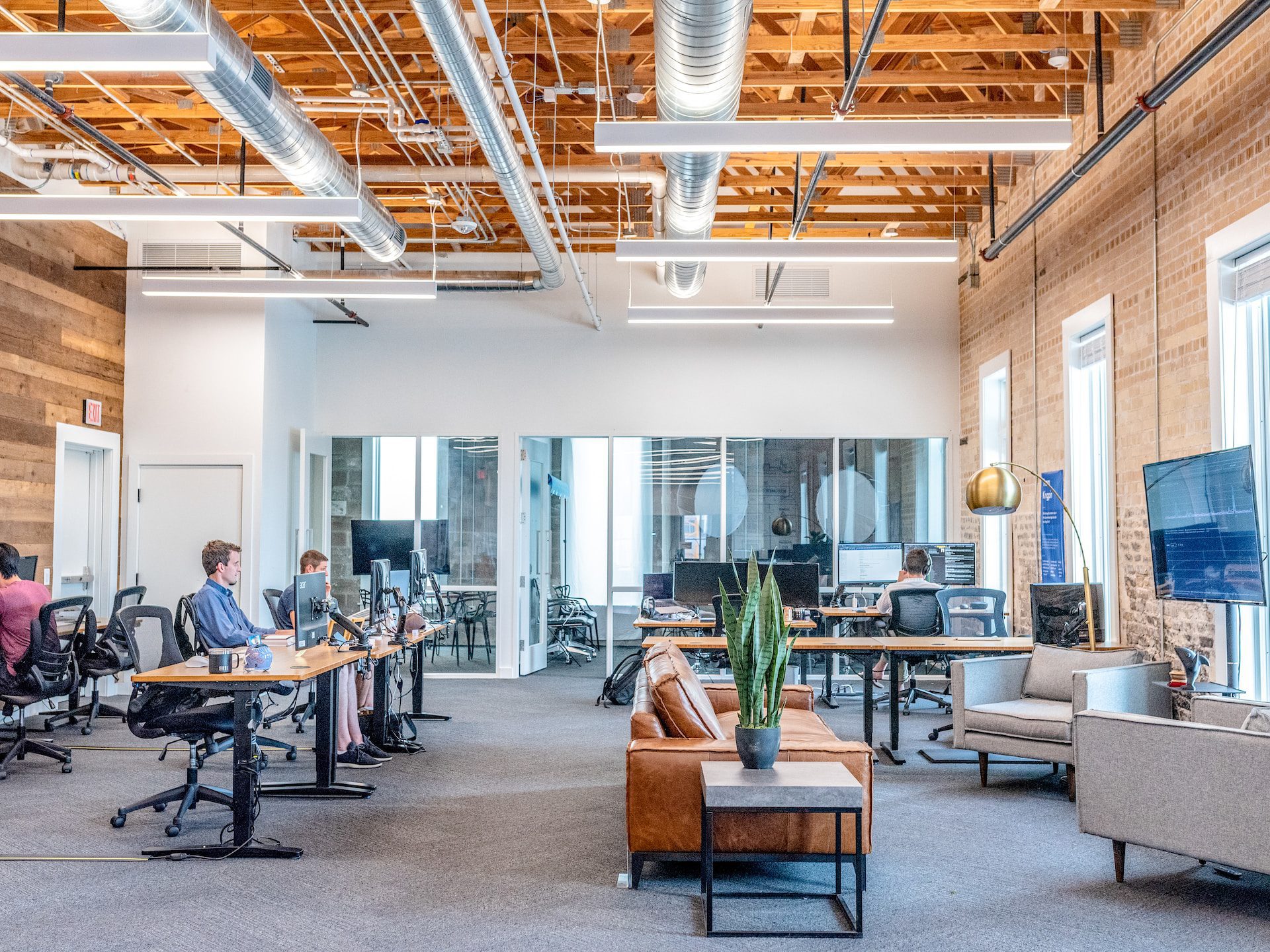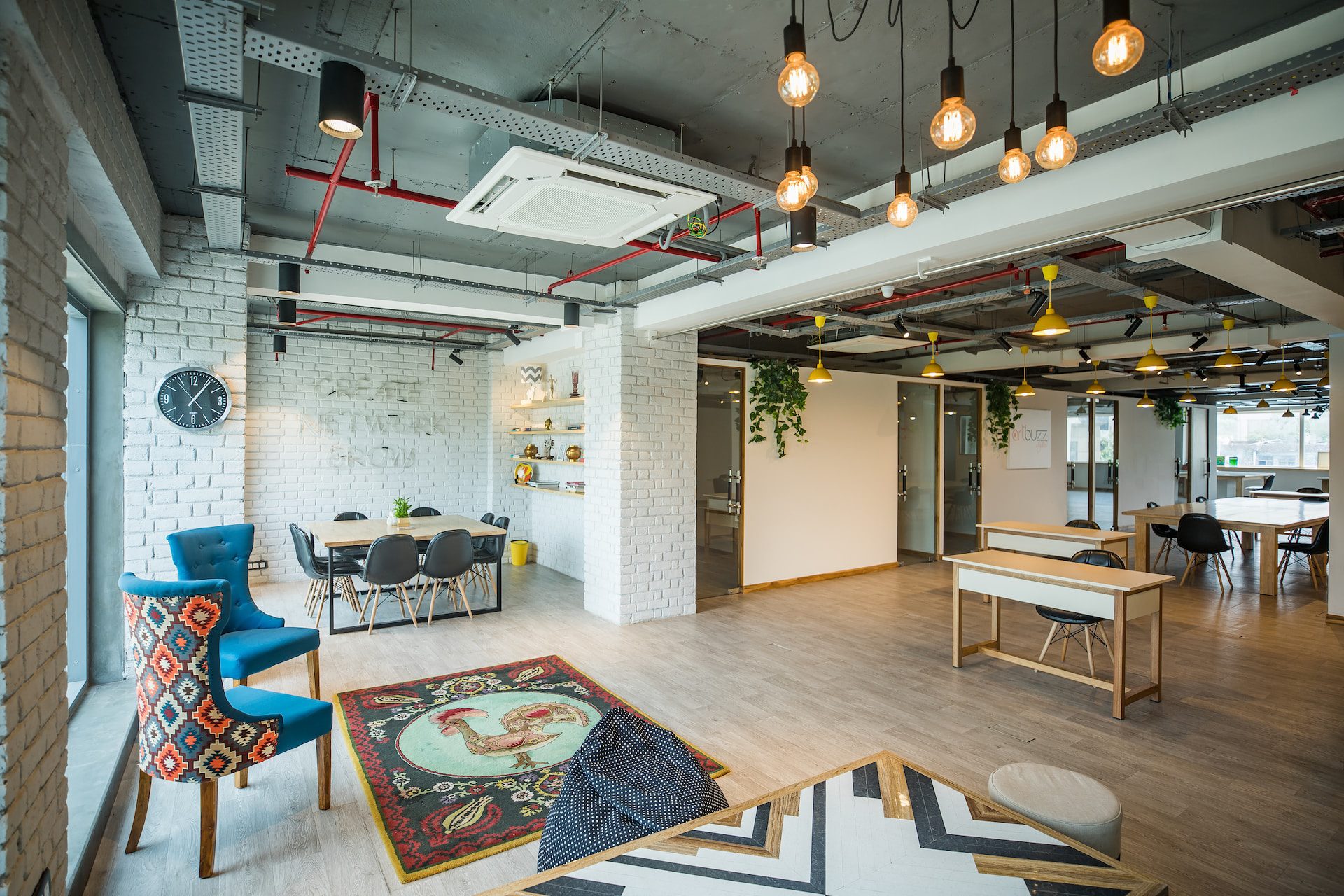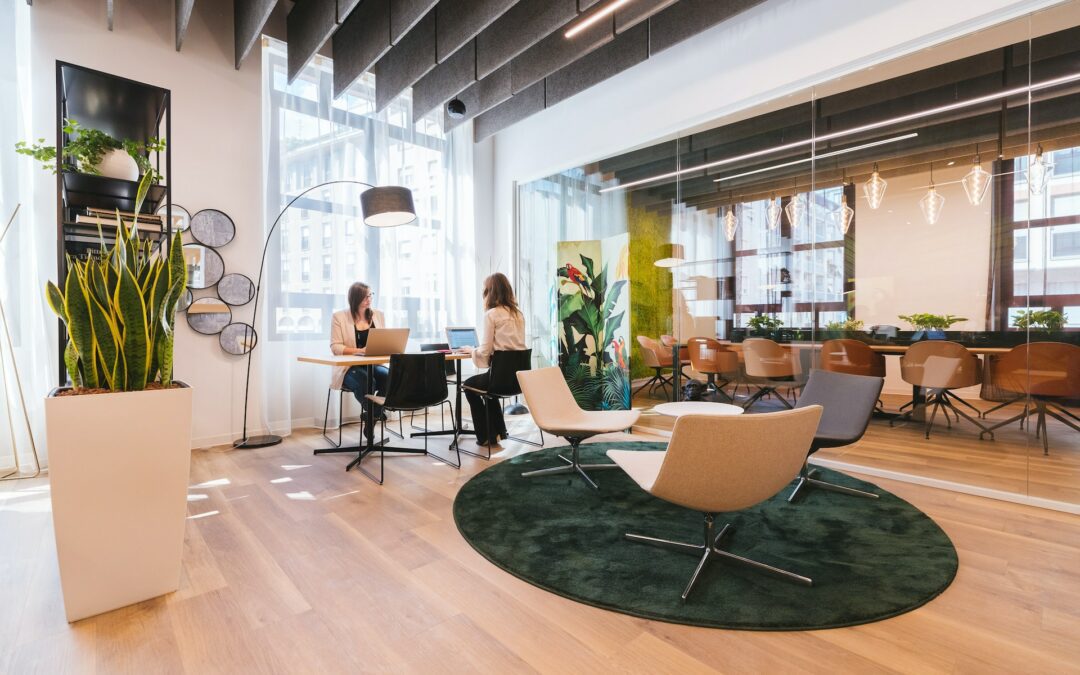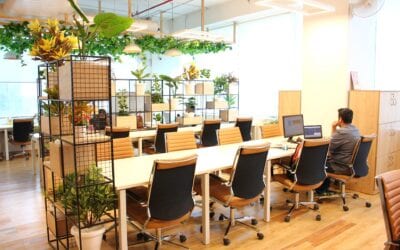|
|
We have been talking about AI and its future impact on work for years. But now, with the launch of usable applications such as ChatGPT and DALL-E, we are starting to see what this might look like in practice.
If you work in a field where AI is proving useful, then read my recent article: Will AI take over the jobs that Digital Nomads do? [The short answer is no, but increasingly everyone will need to learn how to use AI to enhance how they approach elements of their job].
But another area of work where we are likely to see AI playing an increasingly important role is in our workspaces. For digital nomads, this means coworking spaces.
Coworking Spaces for Digital Nomads
Coworking spaces are designed to meet the needs of small businesses and budding entrepreneurs that don’t need or want to pay for their own business premises, but they are also a haven for digital nomads!
When you are traveling, they can provide a focused place to work with good internet access. Having an “office” helps many digital nomads carve out time for important tasks while exploring exciting new cities, and leaving the office helps digital nomads draw clearer lines between the hours of work and play.
Coworking spaces can also be an important space for social connections as you find people working under similar circumstances, with similar interests and challenges, and potentially with complementary skills and ideas that can lead to something new and innovative.
Read our guide to the five benefits of coworking spaces for digital nomads here.

How Will AI Change Coworking Spaces?
Most of the changes that we are expecting to see in coworking spaces are things that most of us won’t even notice. But this is when AI is at its best! AI is best used to manage and automate mundane tasks and to crunch data to inform better decision-making. These tend to be much more effective uses of the technology than in-your-face applications, though we do have one of these on our list!
Below are the five main uses for AI that we expect to see emerge in coworking spaces over the next few years.
1. Ambiance Control
If you have worked in a coworking space that is open late and uses motion sensors to control lighting, then you have definitely experienced that need to stand up and wave your arms around every ten minutes to keep the lights on! It is enough to make a person stop working and head on, or better, to a local bar or restaurant.
This should become a thing of the past with AI. A combination of AI, the Internet of Things, and improved sensors mean that buildings are smarter than ever and have a pretty good idea of what is going on within their own four walls. You can expect coworking buildings to intelligently use AI to manage lighting, adjust temperature levels, and more. This means a more comfortable workplace for you, and hopefully cheaper electricity bills for the coworking space, which could translate into savings for everyone.
Of course, AI may also allow coworking spaces to more effectively determine how much energy and resources and being used by specific individuals and companies and start to bill accordingly.
2. Predict Resource Requirements
Why is it always the case that coworking spaces either don’t have enough staff to onboard new members, greet visitors, and undertake secretarial tasks, or have staff sitting around with nothing to do while pastries go stale in the shared kitchen?
Predicting footfall and resource requirements seems to be a challenging task, but also one that AI is ideally suited to complete. AI can predict not only how many people are likely to use a coworking space at any given time, but also the type of resources they are likely to need and consume during that time. This is based on actual bookings, past behavior, and pattern prediction.
Expect coworking spaces to be better resourced in the near future and for the friendly staff that you do meet to almost be able to predict just what you want.
3. Automate Tasks
One of the best uses of AI in all places of work is automating mundane tasks that consume time. If your coworking space offers training events, you can expect some of their upcoming sessions to be on how to use AI to optimize your time.
In the context of coworking, you can expect it to be the friendly coworking AI that sends you your monthly bill, manages meeting room bookings, and pings you a message when a package has been delivered to the front desk.
Will this diminish the human contact that many people are looking for when using coworking spaces? Potentially. But the good coworking organizations will redirect their human resources into developing more collaborative, social, and entrepreneurial environments.
4. Improved Security
Coworking spaces that are open late or 24 hours are often unmanned during evening hours. This represents a genuine security risk both to the property and the workers inside.
AI can be used to enhance security in coworking spaces, potentially replacing losable access cards with fingerprint or facial recognition. But it can also use IoT sensors inside the building to monitor activity and flag up anything unusual, such as individuals entering spaces they shouldn’t, or someone systematically exploring the building rather than working.
AI can enhance online security in a similar way by flagging unusual network activity and throwing up protective walls.
5. VR and Holograms
One AI technology that people are getting excited about for remote work is VR meetings powered by holographic technology. The idea is that people from around the world beam into a remote meeting, but they are represented by holograms of themselves rather than faces on a screen.
This technology is still quite a way off since it is expensive to kit out a room with the technology needed, which is needed at both the calling and receiving end. But this technology is predicted to be in regular use by 2050.
If this is the case, coworking spaces may become more popular than ever, with people who want to dial into important meetings using this platform visiting coworking spaces to use the technology. But this is one that we will wait to see!

AI and the Future of Work
AI is the current disruptive technology changing the modern workplace. While this is causing a considerable amount of anxiety in some circles, AI is not the first or the last disruptive technology that will change the way we work. Digital nomads are experienced at adaptation, so expect them to be among the first to leverage the potential of AI.












